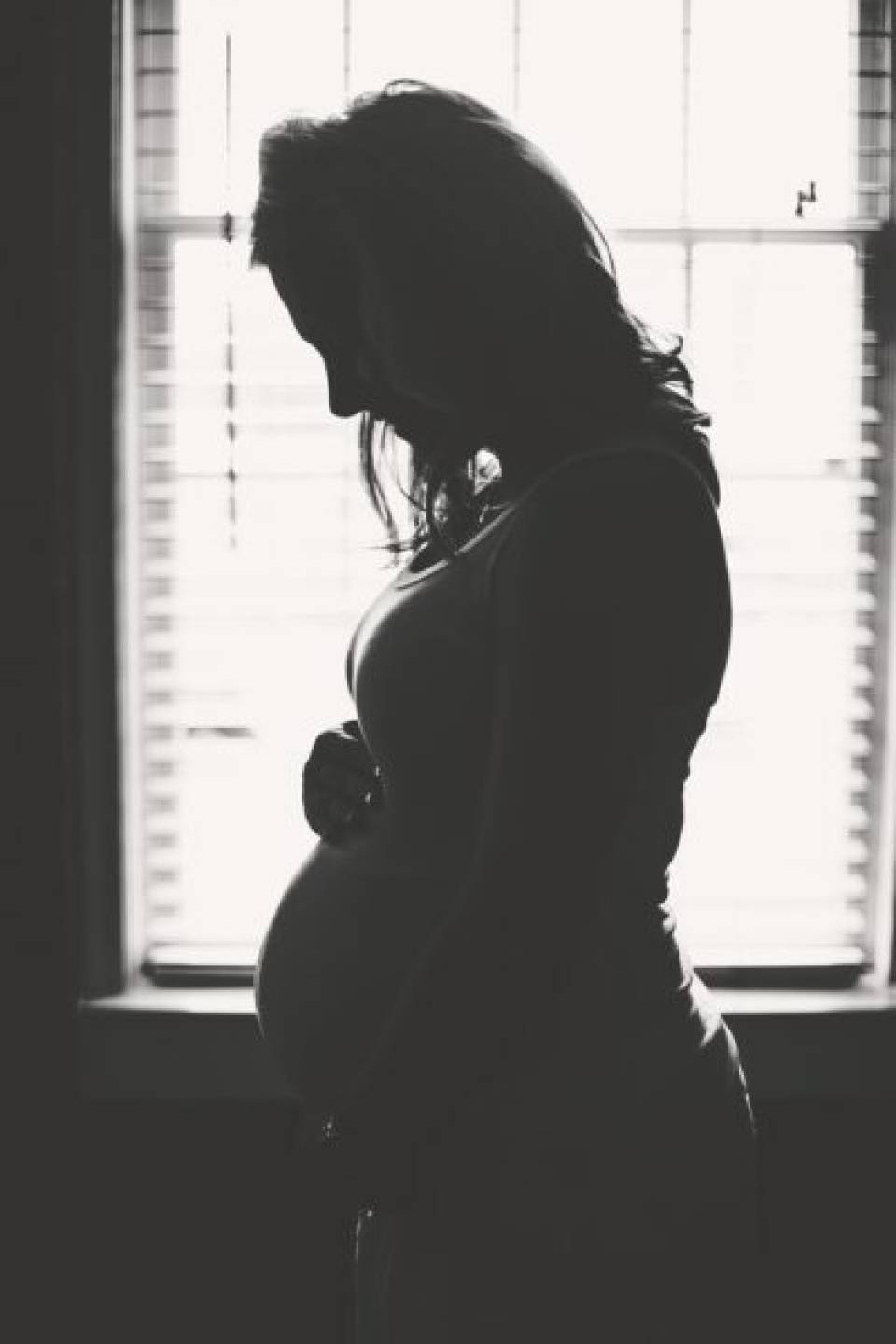Some studies establish at 35, or even 40, as a cut-off point to differentiate between pregnant and young pregnant women of advanced age, although at present there is no consensus on the definition of advanced maternal age.
The reproductive capacity of women decreases significantly after 35 years, which affects, especially in the ovarian reserve, both in the quality and in the number of the ovules.
Even so, the significant differences in the increase of possible obstetric complications such as caesareans or premature births, among others, occur after 40 years. Also, diseases such as gestational diabetes and chronic high blood pressure (HBP) appear more frequently.
In addition to the problems that may arise during pregnancy and childbirth, advanced maternal age can lead to fertility problems such as implantation failures, which increases the rate of spontaneous abortions. There is also a higher risk of chromosomal abnormalities.
For all these reasons, it is advisable that women who become pregnant after 40 years of age follow a more exhaustive control of pregnancy, with more prenatal tests performed than in younger patients. It is also advisable to make a visit before conception, where the obstetric specialist explains the pros and cons involved in getting pregnant at older ages, and inform and empowers women to make the most appropriate decision.




